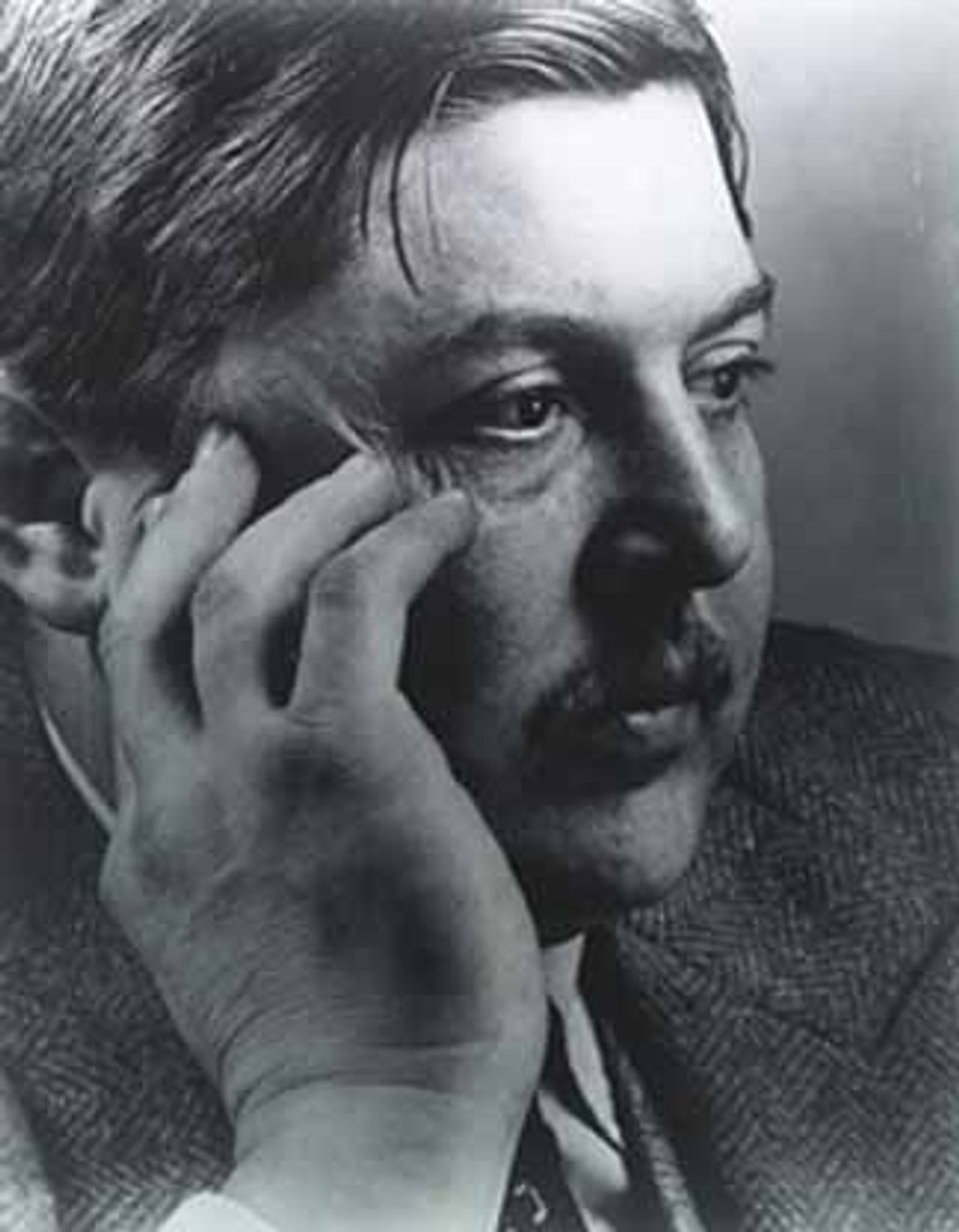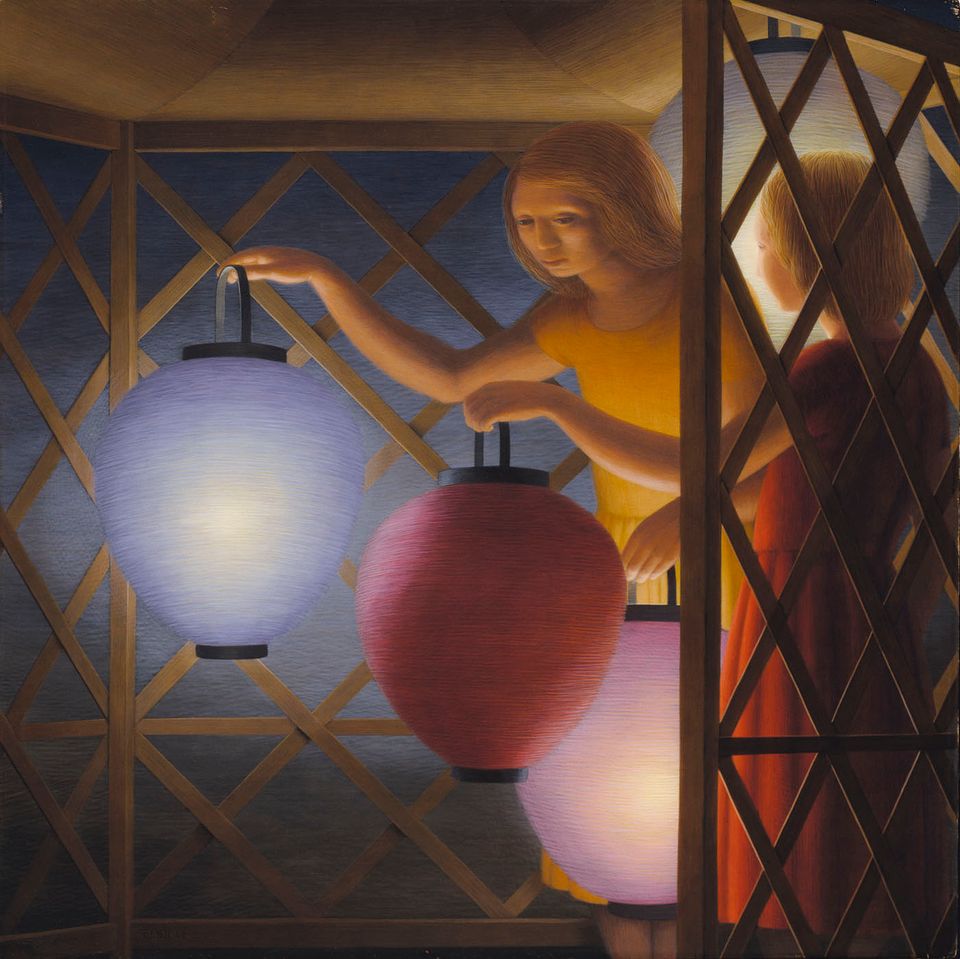Philip Evergood

- Also known as
- Philip Howard Francis Evergood
- Philip Howard Francis Dixon Evergood
- Philip Howard Francis Dixon Blashki
- Died
- Bridgewater, Connecticut, United States
- Biography
Painter and muralist. His experiences in the Great Depression led him to turn from biblical subjects to social criticism. He was also active in organizations devoted to the civil rights of artists.
Joan Stahl American Artists in Photographic Portraits from the Peter A. Juley & Son Collection (Washington, D.C. and Mineola, New York: National Museum of American Art and Dover Publications, Inc., 1995)
- Artist Biography
Evergood was born in New York, but grew up in England and graduated from Eton in 1919. Two years later he entered the Slade School in London, but in 1923 he moved back to New York City and studied at the Art Students League with George Luks. For Evergood the 1930s were years of deep personal involvement in liberal and radical causes. He was president of the Artists Union and active in the American Artists' Congress, and in 1936 took part in the sit-down strike instituted by 219 artists protesting layoffs from the Federal Art Project. In the late 1930s, as managing supervisor of the New York WPA easel project, he fought aggressively to keep artists on the payroll when budget cuts forced layoffs. Evergood's art, like his other activities, reflects his devotion to egalitarian ideals, and his early paintings, especially, are statements of sympathy for those who struggle against oppression.
Virginia M. Mecklenburg Modern American Realism: The Sara Roby Foundation Collection (Washington, D.C.: Smithsonian Institution Press for the National Museum of American Art, 1987)
Luce Artist BiographyPhilip Evergood had been studying abroad when he returned to the United States in the middle of the Great Depression. He took odd jobs and hired on with the Works Progress Administration, earning a small salary that allowed him to support his family. Like many artists of the 1930s, Evergood was sympathetic to the plight of workers. His participation in strikes and protests often landed him in jail, and he believed that art was a weapon and a means for social change. He painted what he called “the vulgar, exciting, crude things of life: Coney Island, Fourteenth Street, the subway rushes . . . millions of faces, crude young faces, happy faces.” The tough part, according to Evergood, was “not to paint them like a college professor . . . but to paint them in their beauty and in their crudity and in their fluidity.” (Taylor, Philip Evergood: Never Separate from the Heart, 1987)















